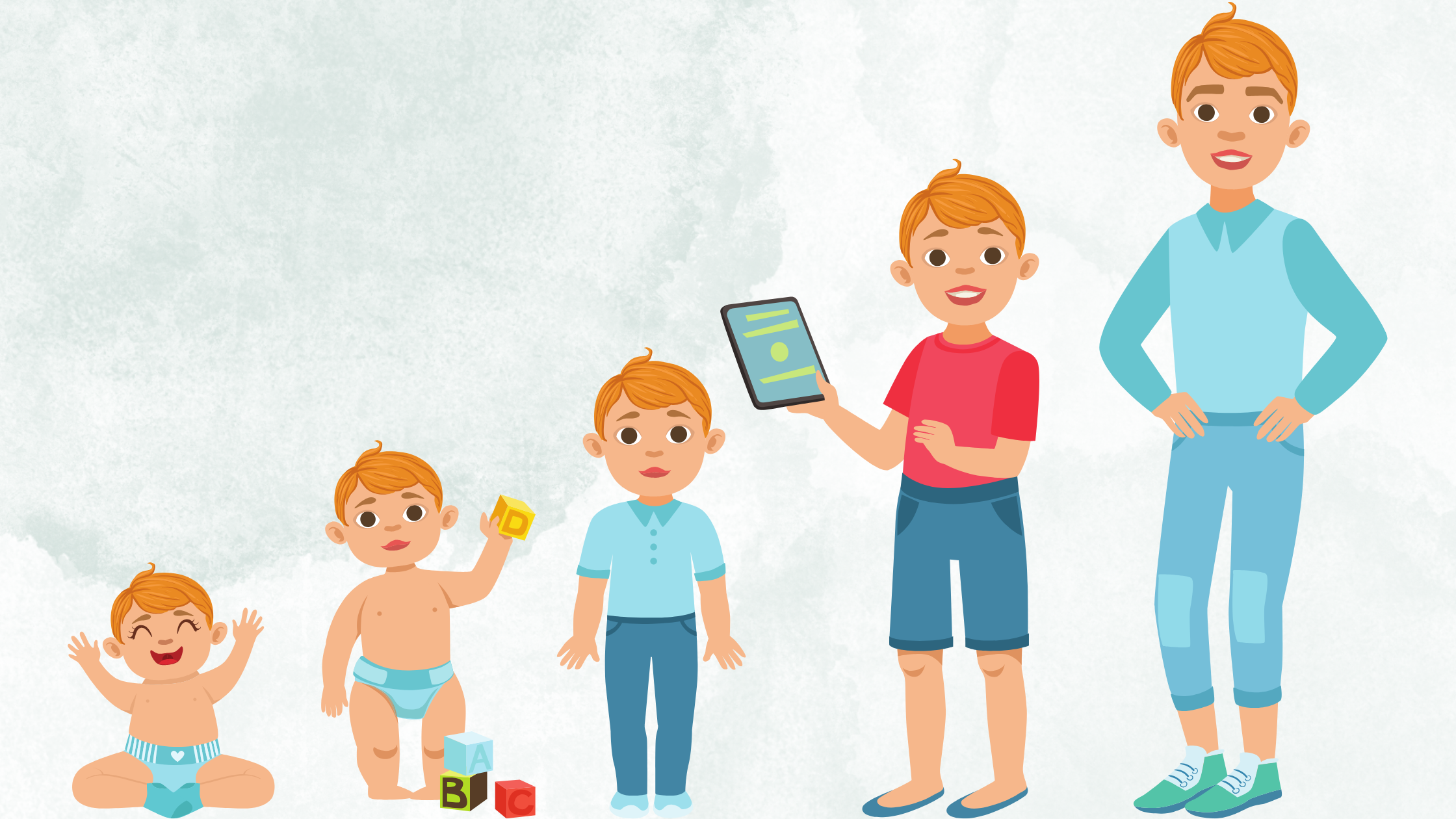
Sleep is critical for children’s growth, learning, and emotional development. Yet many children do not get the recommended hours of sleep for their age, whether due to busy schedules, anxiety, sleep disorders, or inconsistent routines. Chronic sleep deprivation in childhood can have consequences that extend far beyond feeling tired the next day.
Why Sleep Is Crucial for Children
During sleep, the body and brain perform essential functions:
-
Physical Growth: Growth hormone is primarily released during deep sleep.
-
Brain Development: Sleep consolidates memories, supports learning, and enhances problem-solving skills.
-
Emotional Regulation: Adequate sleep helps children manage emotions and cope with stress.
-
Immune System Support: Sleep strengthens the body’s defenses against illness.
When children consistently miss out on quality sleep, these processes can be disrupted, leading to long-term effects.
Long-Term Effects of Sleep Deprivation in Childhood
1. Cognitive and Academic Impairments
Children who are sleep-deprived often struggle with attention, memory, and executive function. Over time, this can affect academic performance, learning retention, and problem-solving abilities.
2. Emotional and Behavioral Issues
Chronic sleep deprivation increases irritability, mood swings, anxiety, and depression risk. Behavioral problems, including hyperactivity or oppositional behavior, may also become more pronounced.
3. Physical Health Consequences
Long-term sleep deprivation can contribute to obesity, weakened immune function, and metabolic issues. Sleep disruption in childhood may increase the risk of developing conditions such as type 2 diabetes or cardiovascular problems later in life.
4. Impaired Social Development
Sleep-deprived children may have difficulty regulating emotions, reading social cues, and maintaining healthy relationships. Poor sleep can affect empathy, cooperation, and conflict resolution skills.
5. Long-Term Mental Health Risk
Persistent sleep deprivation in childhood has been linked to higher rates of anxiety disorders, depression, and even suicidal ideation in adolescence and adulthood. Early sleep problems can establish patterns that affect lifelong mental health.
6. Risk of Sleep Disorders Later in Life
Children who regularly experience insufficient or poor-quality sleep are at greater risk for developing chronic sleep disorders, such as insomnia or sleep apnea, as they grow older.
Supporting Healthy Sleep Habits
Preventing long-term consequences begins with creating consistent sleep routines and a supportive sleep environment:
-
Consistent Bedtime and Wake Time: Maintaining a regular schedule reinforces the body’s natural circadian rhythm.
-
Bedtime Routine: Calming activities, like reading or gentle stretches, signal the body it’s time to wind down.
-
Sleep-Friendly Environment: Ensure the bedroom is dark, quiet, and at a comfortable temperature.
-
Limit Stimulants: Reduce sugar, caffeine, and screen time before bed.
-
Address Anxiety or Stress: Help children manage worries through relaxation techniques or talking through concerns.
-
Seek Professional Help: Persistent sleep problems may require evaluation by a pediatrician or sleep specialist.
Conclusion
Sleep deprivation in childhood is not just a temporary inconvenience—it can have lasting effects on cognitive, emotional, physical, and social development. By prioritizing healthy sleep habits early, parents and caregivers can help children thrive today and lay the foundation for lifelong wellness.
If you or someone you know struggles with sleep, please click the orange button below to take a free online sleep test and talk with one of our sleep health professionals.

